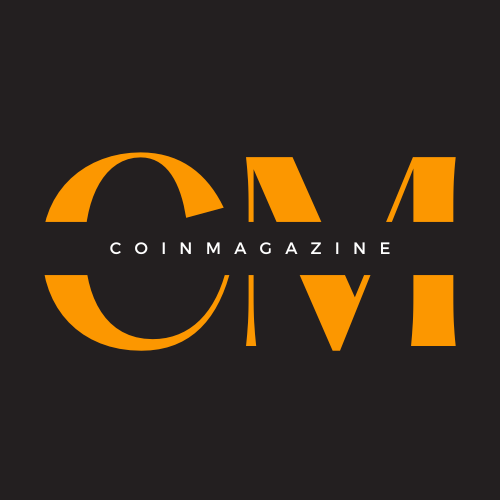Decentralized derivatives are financial instruments that are traded on decentralized exchanges (DEXs). They are powered by smart contracts, which are self-executing contracts that are stored on the blockchain. This makes them more transparent and secure than traditional derivatives, which are often traded on centralized exchanges.
Decentralized derivatives offer a number of benefits over traditional derivatives, including:
Transparency: All transactions and contract executions are recorded on the blockchain, which is a public ledger. This makes it easy to track the history of trades and to ensure that contracts are being executed as intended.Security: Smart contracts are immune to fraud and manipulation, as they are not controlled by any central authority. This makes them a safer option for traders who are concerned about the security of their funds.
Efficiency: Decentralized derivatives can be traded 24/7, which makes them more efficient than traditional derivatives, which are often only traded during market hours.
Cost-effectiveness: Decentralized derivatives can be traded with lower fees than traditional derivatives, as there is no need to use a centralized exchange.
However, decentralized derivatives also pose some risks, including:
Complexity: Decentralized derivatives can be complex to understand, which can make them risky for inexperienced traders.Liquidity: Decentralized derivatives markets are still relatively illiquid, which can make it difficult to trade large volumes of assets.Technical issues: Smart contracts can be vulnerable to technical issues, which could lead to contract failures.
Despite the risks, decentralized derivatives offer a number of potential benefits for traders. They are more transparent, secure, and efficient than traditional derivatives, and they can be traded with lower fees. As the decentralized finance (DeFi) space continues to grow, decentralized derivatives are likely to become more popular.
Here are some of the most popular decentralized derivative platforms:
GMX
GMX is a decentralized derivatives exchange that offers a wide range of products, including futures contracts, options contracts, and synthetic assets.
dYdX
dYdX is another popular decentralized derivatives exchange that is known for its high liquidity and low slippage.
Gains Network
Gains Network is a decentralized derivatives platform that offers a unique blend of features, including cross-chain compatibility and native token governance.
The regulatory landscape for decentralized derivatives is still evolving. Regulators around the world are working to understand this new asset class and to develop appropriate regulations. However, it is likely that decentralized derivatives will continue to grow in popularity, even in the face of regulatory uncertainty.
Disclaimer
If you are considering trading decentralized derivatives, it is important to do your research and to understand the risks involved. Decentralized derivatives can be a powerful tool for traders, but they can also be risky. It is important to make sure that you understand the risks before you start trading.

.png)


